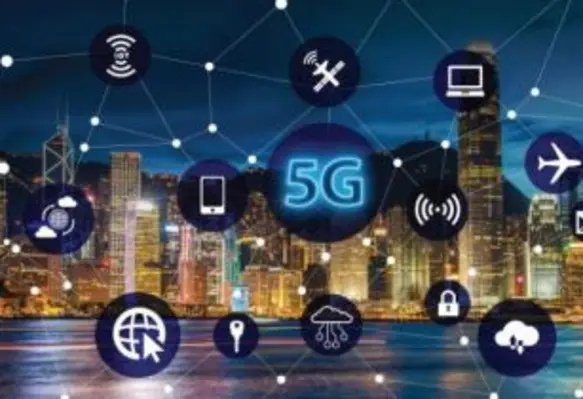As fixed wireless access (FWA) has been in the news a great deal of late, the special anniversary issue of Communications Africa has analysed the sector and provided a view of the relationship between licensed technologies (like 4G and 5G) and FWA – and what FWA could mean for Africa
For the GSMA, which represents the interests of mobile operators worldwide, licensed spectrum has a number of benefits in its own right. As the GSMA’s acting head of sub-Saharan Africa, Angela Wamola, told us, “Licensed spectrum is essential to guarantee the heavy long-term network investment that is necessary for 5G. Also, licensed spectrum enables wider coverage areas and better quality of service guarantees and has been central to the major global success of mobile services. This includes the progress that’s already been made on shrinking the digital divide.”
A representative of Inseego, a leader in 5G and IoT device-tocloud solutions, pointed out that 4G and 5G connections are a powerful gateway to local Wi-Fi connectivity and other sharedspectrum solutions that deliver high-speed wireless internet to local communities and businesses.
Justin Colyn, chief sales and marketing officer of Comsol, a provider of enterprise-grade licensed wireless infrastructure, suggested that for most infrastructure providers, it will be a question of quality versus cost. That said, he agreed that licensed FWA services are typically more expensive than unlicensed services due to the cost of spectrum and whether or not ‘best of breed’ hardware is used to build the network, adding, “In many cases the cost of spectrum differs depending on whether it is deemed to be ‘high demand’ spectrum in the low, medium or high bands (mmWave).”
benefit to consuming services through licensed providers is the fact that specific bands are exclusively assigned to operators for their independent use, so they mitigate interference between services,which is unlicensed services’ biggest downfall. In addition, licensed services are more scalable over time as and when unlicensed operators start interfering with one another.”
Nokia’s focus is on 3GPP standard wireless technologies for fixed wireless access, which includes 4G and 5G in licensed and unlicensed bands, the availability of which is regionally dependent. Thus Mohamed Salama, head of fixed networks, MEA, Nokia, said, “In general, unlicensed bands have the advantage of avoiding high costs of licensing but can be spectrum-limited. There is also the risk of contention with other operators using the same bands. “For this reason,” he suggested, echoing Comsol’s point about interference, “unlicensed bands are best used in private wireless applications or in rural deployments where the chance of contention is limited.”
Not surprisingly for an operator association, the GSMA feels that mobile operators have an unmatched ability to bridge the digital divide. “But,” Wamola added, “all this potential is not going to happen without governments and regulators putting in place investment-friendly policies that help drive the needed investments and accelerate the rollout of networks.”
Read the full article in Communications Africa






















